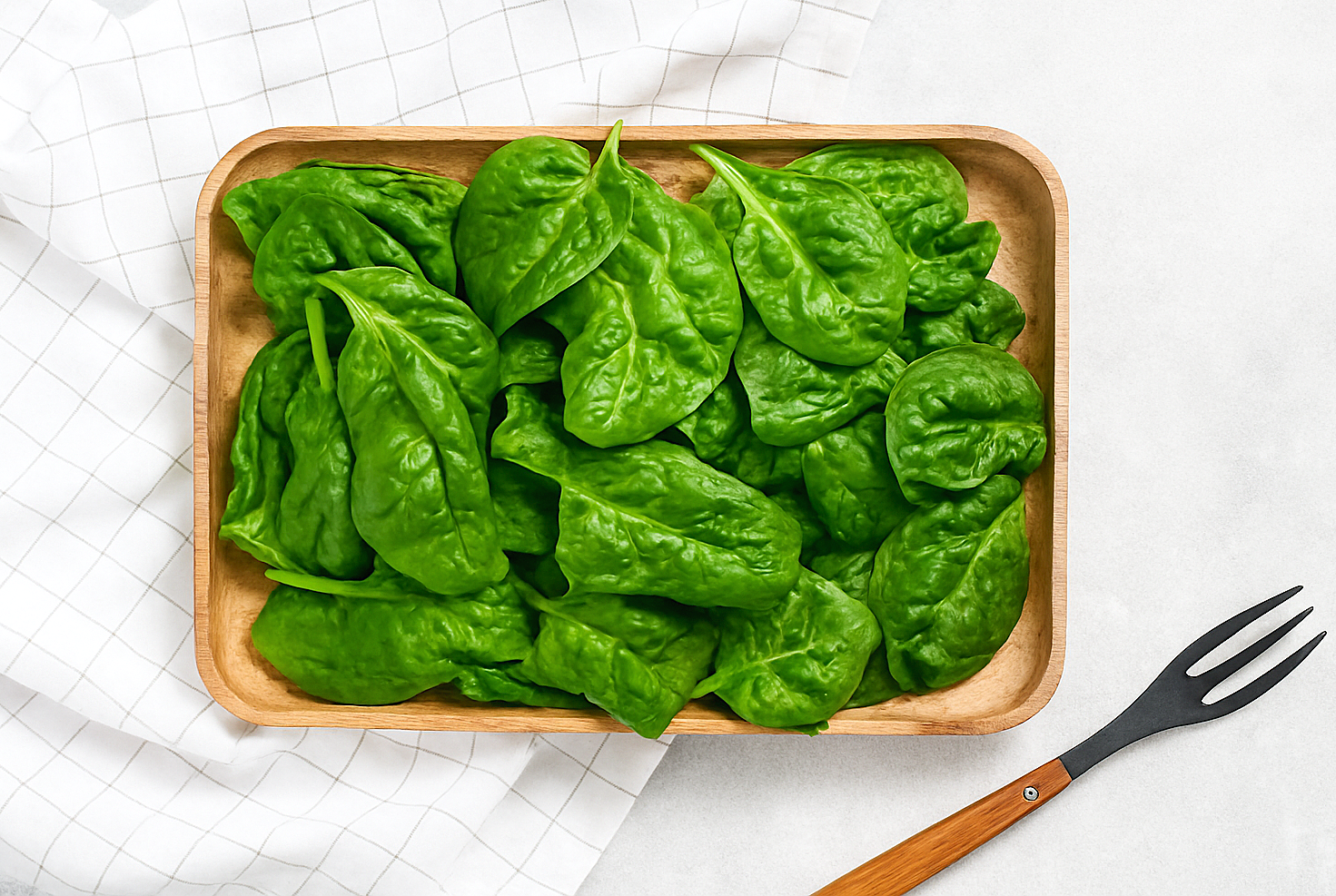Sudden increases in blood pressure can cause serious damage to the heart, brain, and kidneys. Increased pressure on artery walls raises the risk of rupture, leading to stroke, heart attack, or acute kidney failure. According to Dr. Nguyen Anh Duy Tung of the Nutrihome Nutrition Center, in addition to following a doctor's prescribed treatment, patients can incorporate appropriate foods into their diet to help lower their blood pressure.
Beets are rich in natural nitrates. Once ingested, nitrates are converted into nitric oxide, a compound that helps relax the smooth muscles of blood vessels, reduces peripheral resistance, and improves circulation. Drinking 250 ml of beet juice daily can contribute to lower blood pressure within a few hours.
Raw garlic contains allicin, a biological compound formed when garlic is crushed or minced. Allicin stimulates the production of nitric oxide and inhibits angiotensin-converting enzyme, a factor that constricts blood vessels and raises blood pressure. After mincing, let the garlic sit for about 10 minutes before using it to maximize its effectiveness.
Green tea is rich in catechin, a polyphenol antioxidant that can enhance vasodilation and regulate blood pressure. This compound also helps reduce oxidative stress reactions, strengthens endothelial function, and prevents the formation of plaque that causes high blood pressure.
Pomegranate juice provides numerous polyphenols like punicalagin, a potent antioxidant that helps prevent endothelial damage and reduce inflammatory reactions in the artery walls. Regularly consuming 150-200 ml of pomegranate juice daily helps control blood pressure and blood lipids.
Coconut water provides electrolytes with a high potassium-to-sodium ratio, which helps control blood pressure. It has a mild diuretic effect, promoting the body to eliminate excess sodium, a factor that increases blood pressure if accumulated over time.
 |
Spinach is rich in potassium, nitrates, and fiber, which help dilate blood vessels and regulate blood pressure. Photo: Phuong Thy |
Green vegetables like spinach, kale, and bok choy are rich in potassium, natural nitrates, and insoluble fiber, which help the body eliminate excess sodium through urine, dilate blood vessels, and help control blood lipids. A daily serving of green vegetables (at least 200 g) can reduce the risk of high blood pressure and cardiovascular disease.
Avocados are rich in potassium (about 975 mg per fruit) and monounsaturated fats, which improve artery wall elasticity and reduce inflammatory responses in people with chronic high blood pressure. Avocados also provide lutein, an antioxidant that benefits cerebral blood vessels.
Fatty fish like salmon, tuna, and sardines are rich in omega-3 fatty acids, which reduce blood triglycerides, stabilize heart rate, and increase the flexibility of artery walls. For vegetarians, chia seeds and flax seeds offer plant-based omega-3s (ALA), soluble fiber, and lignans that improve blood lipid profiles and protect the cardiovascular system. Adding chia seeds to yogurt, smoothies, or sprinkling them on salads are simple yet effective ways to incorporate them into your diet.
According to Dr. Duy Tung, including these foods in your daily meals helps control blood pressure and provides long-term cardiovascular health benefits. However, patients should consult a nutritionist or their doctor to adjust their diet to suit their individual needs.
In addition, maintain a low-salt diet (less than 5 g per day), limit processed foods, avoid alcohol, exercise regularly (at least 150 minutes per week), get enough sleep, and monitor blood pressure regularly. If symptoms such as severe headaches, blurred vision, dizziness, or limb weakness occur, seek immediate medical attention. Supplementing with natural extracts like GDL-5 from South American sugarcane also helps regulate blood lipids, reducing the risk of high blood pressure and cardiovascular disease caused by high cholesterol.
Phuong Thy
| Readers can submit nutrition questions here for doctors to answer. |












